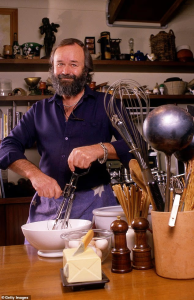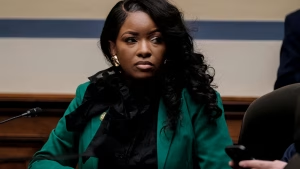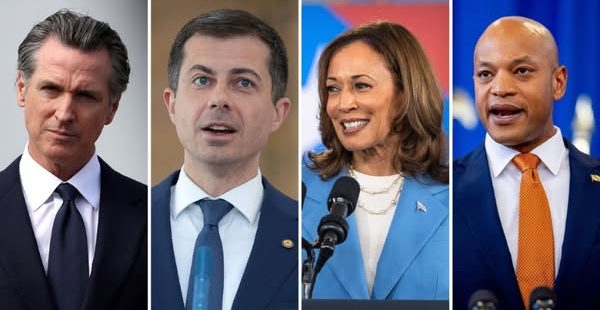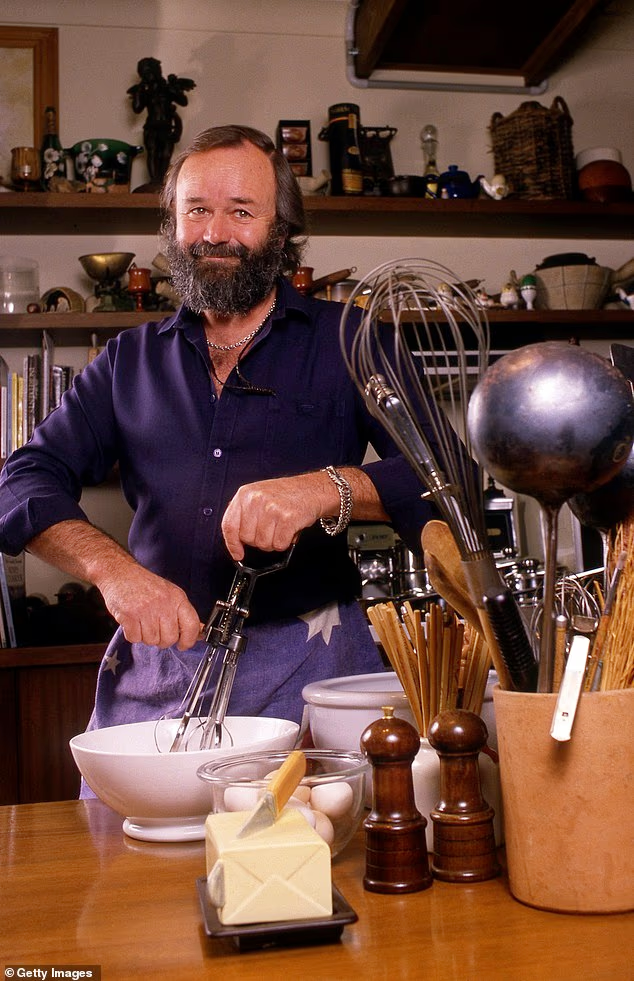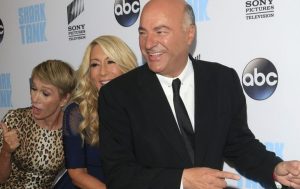As early speculation intensifies around the 2028 presidential election, several prominent Democrats are already making moves that suggest potential campaigns are in the works. Figures such as former Vice President Kamala Harris, former Transportation Secretary Pete Buttigieg, and California Governor Gavin Newsom are all widely seen as likely contenders for the party’s nomination.
However, one name that has repeatedly surfaced in recent months—Maryland Governor Wes Moore—has officially taken himself out of the conversation, at least for now.
In a recent interview with the Associated Press, Moore responded directly to questions about a potential White House bid.
“I am not running,” Moore said plainly. He also confirmed that he is not seeking consideration for the vice presidency, despite increasing visibility on the national stage and growing interest from Democratic supporters across the country.
A Rising Democratic Star Opts Out—for Now
Wes Moore, currently in the third year of his first term as Maryland’s governor, has gained widespread attention for his policy agenda, public charisma, and leadership style. A best-selling author, former nonprofit CEO, and U.S. Army veteran, Moore has been viewed by many as a next-generation Democratic leader with national potential.
Despite his rising profile and strategic appearances in key battleground states, Moore insists that his full attention is on Maryland.
“People should become accustomed to my travels across the country to bring business back to Maryland,” Moore said after a public dedication ceremony for a memorial honoring former U.S. Representative Parren Mitchell in Annapolis.
His next major public appearance will be in South Carolina, an early primary state, where he is scheduled to headline the Blue Palmetto Dinner. Although this event typically draws major national figures with electoral ambitions, Moore clarified that his presence is purely in service of Maryland’s interests—not a prelude to a national campaign.
Governor Moore Eyes Reelection Instead
Moore’s current term as governor runs through 2026, and he has signaled a clear intent to run for reelection in the heavily Democratic state.
“In this moment, my focus is entirely on the work we’re doing in Maryland,” Moore said. “We’re facing big challenges, and I believe I still have work left to do here.”
Political analysts agree that Moore’s decision could be influenced by timing. At 45 years old, he is among the youngest sitting governors in the country. By 2032, he could be positioned as a top-tier candidate with two full gubernatorial terms under his belt.
Meanwhile, Pete Buttigieg Reemerges Nationally
While Moore steps back from 2028 speculation, Pete Buttigieg appears to be doing the opposite.
The former mayor of South Bend, Indiana, and 2020 Democratic presidential contender has increasingly returned to the spotlight. After stepping down from his role as Transportation Secretary earlier this year, Buttigieg has been focused on building digital outreach and engaging new media.
In recent weeks, Buttigieg has been seen participating in content creator forums, podcasts, and strategic media events aimed at Gen Z and millennial audiences. During a recent stop in Washington, D.C., he joined a group of Democratic digital influencers for a closed-door conversation on political messaging and outreach.
“I’m using my voice where it matters,” Buttigieg said in a recent interview. “That includes both traditional and new media, having open conversations with voters, and figuring out how to build a better political approach.”
He stopped short of officially declaring a 2028 campaign but acknowledged that “future decisions will come in time.”
Digital Strategy as a Key Advantage
Democratic strategists have noted that Buttigieg’s early embrace of podcasts, YouTube interviews, and social media engagement offers him a unique advantage. In a media environment that increasingly bypasses cable news and print journalism, digital presence is seen as a vital component of any modern campaign.
“He gets it,” said Sammy Kanter, political strategist and founder of Girl and the Gov. “He’s communicating directly with audiences where they actually spend their time—and that’s not on C-SPAN or the nightly news.”
Buttigieg has also chosen not to pursue the open U.S. Senate seat in Michigan, where he currently resides. That decision, announced in April, was widely seen as a move to keep his political options open for a national campaign.
Other Potential Democratic Candidates
As the Democratic Party prepares for the post-Biden political era, several familiar names are expected to dominate early primary speculation. In addition to Kamala Harris, Gavin Newsom, and Buttigieg, other possibilities include Michigan Governor Gretchen Whitmer, Illinois Governor J.B. Pritzker, and Pennsylvania Governor Josh Shapiro.
Each of these individuals has maintained high visibility since the 2024 election cycle, during which President Joe Biden declined to seek a second term and Donald Trump returned to office.
Vice President Harris remains the most prominent heir to the Biden legacy, though her national favorability ratings remain mixed. Newsom, often seen as a high-profile liberal voice, has recently toured red states to promote Democratic values, fueling rumors of an eventual run.
The Shadow Primary Is Underway
Though no official campaigns have been announced, political observers agree that the “shadow primary” for the 2028 Democratic nomination is well underway. That includes donor outreach, media engagement, and early visits to states like Iowa, New Hampshire, and South Carolina.
“Everyone’s making their moves,” said a longtime Democratic strategist who asked to remain anonymous. “Whether they’re declaring or not, you can tell who’s building something for the long haul.”
Conclusion
While rising Democratic voices like Pete Buttigieg actively position themselves for the future, Governor Wes Moore has taken a different path—choosing to focus on his current responsibilities rather than leap into a crowded presidential field.
By publicly removing himself from the 2028 discussion, Moore may be setting the stage for a more deliberate entry into national politics later in the decade. For now, though, the Democratic field continues to shift, with no shortage of ambition—and speculation—among the party’s next generation of leaders.

